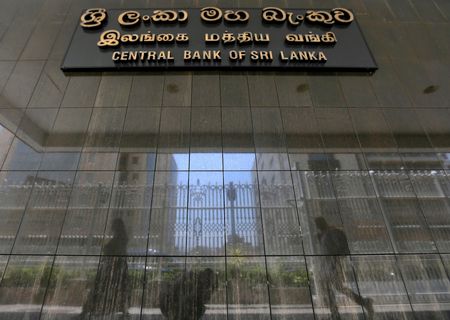By Rachel Savage
JOHANNESBURG (Reuters) – A 30% upfront cut of debt-stressed countries’ borrowings could save them $148 billion over eight years, the U.N. Development Programme said on Wednesday, proposing a move to address global debt problems stirring growing international concern.
A ‘haircut’ of 30%, or $191 billion, on the 2021 external debt of the 52 most “debt vulnerable” nations could reduce their combined debt service bill by $66.4 billion to private creditors, $44.2 billion to multilateral lenders and $38.9 billion to bilaterals by 2029, the UNDP said in a report.
Improving the loan restructuring process for countries struggling with their debts is expected to be prominent on the agenda of the G20 finance minister and central bank meetings taking place in India in the coming days.
Sri Lanka, Ghana and Ukraine joined the likes of Lebanon and Zambia in default last year, while Tunisia, Pakistan and Egypt are among countries that have sought help from the International Monetary Fund (IMF) amid problems of their own.
“The problem, for many (developing economies), is not an absence of growth but the fact that tepid growth and high interest rates in 2023 and 2024 will not provide enough fiscal or monetary space to mitigate crises,” the UNDP report said.
It said that the average country in the 52 it analysed owed 82% of its external public debt to bilateral and multilateral creditors, such as other countries and the IMF or World Bank. Meanwhile, 16 owed more than 30% of their foreign debt to private lenders.
Countries whose international bond interest rates are more than 10% higher than those on U.S. Treasuries, a premium or ‘spread’ usually deemed as unaffordable by economists, rose from five at the end of 2019 to 14 currently, the report found.
Money borrowed from the ‘private sector’, often in the form of bonds that countries usually pay higher interest rates on, accounted for 65% and 45% of external debt in Ghana and Sri Lanka, respectively.
(Reporting by Rachel Savage, Editing by Marc Jones and William Maclean)

